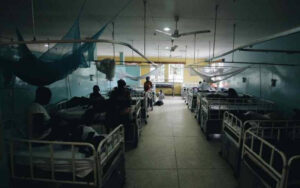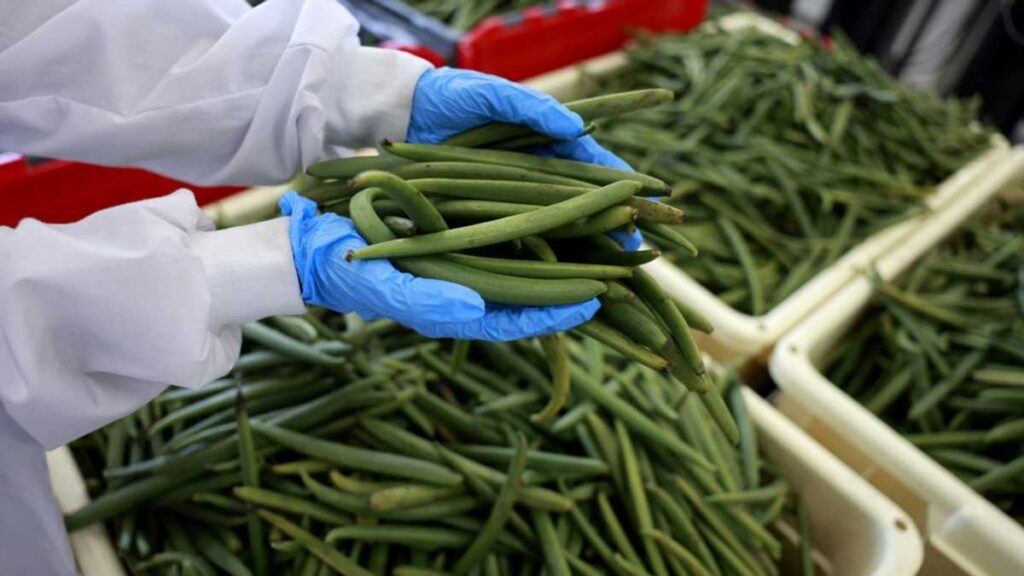Every kind of work keeps Kenya’s economy alive, from the hands that plant maize in Kitale and sew clothes in Export Processing Zones to those that sweep office floors in Westlands.
Yet among them, none are as unrecognised, underpaid, and exploited as the women who wake before dawn to cook, clean, fetch water, and care for children and the elderly.
Despite their critical role in sustaining households and driving the economy, domestic and care workers continue to face neglect and abuse.
A new report by Oxfam Kenya, “Formative Feminist Research on Social Norms on Paid and Unpaid Care Infrastructure in Kenya 2025, exposes the deep inequalities that persist within Kenya’s care economy.
The study reveals that migrant workers, elderly women and underage girls the most marginalised groups in domestic work and face labor and human rights violations.
The study, conducted in Nairobi, Mombasa, Kiambu, and Nakuru, paints a picture of exploitation. Migrant domestic workers mostly from Uganda, Tanzania, Burundi, Rwanda, and the Democratic Republic of Congo endure 16 to 18-hour workdays, poor living conditions, withheld pay and sexual abuse.
“These are people who keep households running but are treated as disposable,” said Purity Jerop, Oxfam Kenya’s Gender Justice and Human Rights Program Officer.
According to the 2024 Wages Order, a live-in domestic worker in Nairobi or Kiambu should earn at least Sh16,200, with a Sh2,000 housing allowance for live-out workers. Yet, the Oxfam study found migrant workers earning between Sh1,500 and Sh5,000 a month.
“To them, that looks like good money when converted into their home currencies,” Jerop said. “But in reality, it’s exploitation a gross violation of labor rights disguised as opportunity.”
The report highlights distinct migration patterns shaping Kenya’s domestic work landscape. In Mombasa, the coastal city’s proximity to Tanzania makes it a prime destination for Tanzanians seeking work in households and hotels.
Nakuru, located along major transport routes, serves as a crucial transit hub for workers moving from Uganda and DRC to other parts of the country.
Nairobi records the highest concentration of domestic workers, including a notable number of young women from Uganda’s Karamoja region particularly Napak District who often find jobs in Somali households in Eastleigh.
Many cross into Kenya through porous borders like Busia, where migration oversight is weak, leaving them undocumented and easily exploited.
Stay informed. Subscribe to our newsletter
“They lack contracts, IDs, or access to any formal protection,” Jerop said. “They can’t report abuse, and many face physical, verbal, and even sexual violence.”
While migrant domestic workers face wage exploitation, Kenyan women carry the burden of unpaid care work cooking, cleaning, fetching water, and caring for children or the elderly.
In Nairobi’s informal settlements, women spend an average of 11.1 hours daily on unpaid chores, according to Oxfam’s findings.
“When you meet a woman who wakes up at 2am to buy vegetables at Marikiti Market, returns home to prepare her children for school, then goes to sell at her kiosk, you realise her day never ends,” Jerop said.
For women over 65, the picture is equally grim. Many find themselves forced back into caregiving or domestic labor either because their children have died, been imprisoned, or are unemployed.
“The older women we interviewed still cook, clean, or care for grandchildren often without any help,” said Jerop.
As the country marks the International Day for Care and Support on October 29, 2025, Oxfam and partner organisations are urging the government to develop a National Care Policy that formally recognises care work as essential labor.
“The care economy must be treated like any other economic sector,” Jerop says. “Because without it, every other sector collapses.”


















